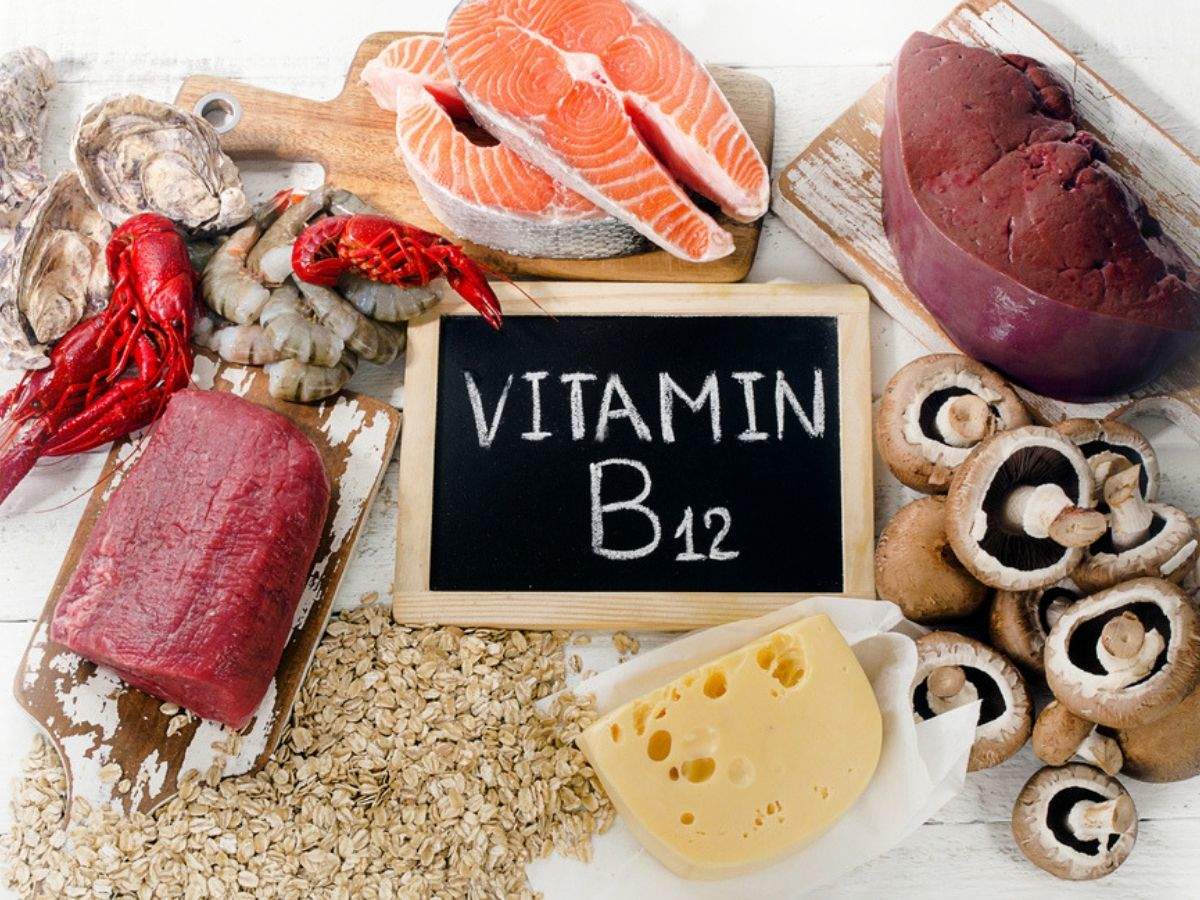Nutrition plays a pivotal role in determining cognitive abilities and IQ. While genetics and environmental factors are influential, the impact of vitamins and minerals on brain development cannot be overstated.
Early childhood is especially crucial for cognitive growth, and deficiencies during this period can hinder intellectual development, reduce IQ levels, and increase susceptibility to neurological disorders.
There are some key minerals and vitamins essential for brain health, learn how their deficiencies can lead to significant cognitive impairments.
1. Iodine Deficiency: A Major Contributor to Lower IQ Levels

Iodine is vital for producing thyroid hormones, which regulate brain development, growth, and metabolism. When iodine is insufficient, especially during pregnancy and early childhood, it can lower IQ levels by up to 15 points. Severe iodine deficiency can lead to cretinism, a condition characterized by stunted growth and mental retardation. To ensure proper brain function, iodine-rich foods such as seafood, eggs, dairy, and iodized salt should be included in the diet, particularly for pregnant women and young children.
2. Iron Deficiency: Affects Attention and Memory

Iron is essential for oxygen transport and energy metabolism in the brain. A lack of iron can lead to anemia, causing fatigue and low cognitive abilities. In children, iron deficiency often results in diminished concentration, limited memory capacity, and a decrease in IQ. Iron-rich foods, such as red meat, spinach, lentils, and iron-fortified cereals, are key to preventing these deficiencies. Iron absorption can be improved by pairing iron-rich foods with vitamin C-rich foods like oranges, bell peppers, and broccoli.
3. Vitamin B12 Deficiency: Impairs Problem-Solving Skills
Vitamin B12 plays a critical role in brain development, nerve function, and DNA synthesis. A deficiency in vitamin B12 can result in neurological complications, memory loss, and cognitive decline. Studies show that children with low B12 levels tend to struggle with problem-solving tasks and have lower IQ scores. Since vitamin B12 is primarily found in animal products, vegetarians and vegans may need supplements to meet their daily needs.
4. Zinc Deficiency: Affects Learning and Memory

Zinc is a crucial mineral for brain function, particularly in neurotransmitter function and synaptic plasticity. A deficiency in zinc can lead to learning problems, impaired memory, and decreased cognitive performance. Children with low zinc levels often experience delayed development and reduced IQ scores. Foods rich in zinc, including meat, shellfish, nuts, dairy, and whole grains, can help combat this deficiency.
5. Omega-3 Fatty Acids: Essential for Memory and Cognitive Health
:max_bytes(150000):strip_icc()/GettyImages-1347857819-64e0b4dcbd314e828e4b40910ccfd08b.jpg)
Omega-3 fatty acids, particularly DHA (docosahexaenoic acid), are essential for brain development and cognitive function. Insufficient omega-3 intake during pregnancy and early childhood can result in lower IQ, memory issues, and behavioral problems. Omega-3s can be found in fatty fish, flaxseeds, walnuts, and chia seeds. Consuming fish oil supplements can also enhance cognitive performance, particularly in children.
6. Vitamin D Deficiency: Leads to Memory and Cognitive Impairment

Vitamin D is crucial for brain development, mood regulation, and cognitive function. Low levels of vitamin D have been associated with impaired memory, depression, and a decrease in IQ scores. Research indicates that children and adults with vitamin D deficiencies perform poorly on cognitive tasks. Natural sources of vitamin D include sunlight exposure, fortified dairy products, eggs, and fatty fish.
7. Magnesium Deficiency: Weakens Cognitive Function

Magnesium plays a key role in nerve function, learning, and memory. Deficiency in magnesium can lead to concentration difficulties, tension, and overall weakened cognitive functioning. Studies have shown that children with low magnesium levels often face learning challenges and lower IQ. Magnesium-rich foods include seeds, nuts, whole grains, dark chocolate, and leafy greens.
8. Choline Deficiency: Impacts Memory and Learning

Choline is an often-overlooked nutrient that is essential for brain health, especially in fetal development. It is crucial for memory, learning, and brain function. A deficiency in choline during pregnancy has been linked to lower IQ levels in children. Foods rich in choline include eggs, meat, fish, milk, and vegetables like broccoli.
Maintaining proper nutrient intake is essential for brain development and cognitive health. Deficiencies in iodine, iron, vitamin B12, zinc, omega-3 fatty acids, vitamin D, magnesium, and choline can lead to significant cognitive impairments, including lowered IQ. Ensuring a well-balanced diet that includes these vital nutrients, especially during crucial developmental stages like pregnancy and early childhood, is necessary for optimal brain function and cognitive health.










COMMENTS
Comments are moderated and generally will be posted if they are on-topic and not abusive.
For more information, please see our Comments FAQ